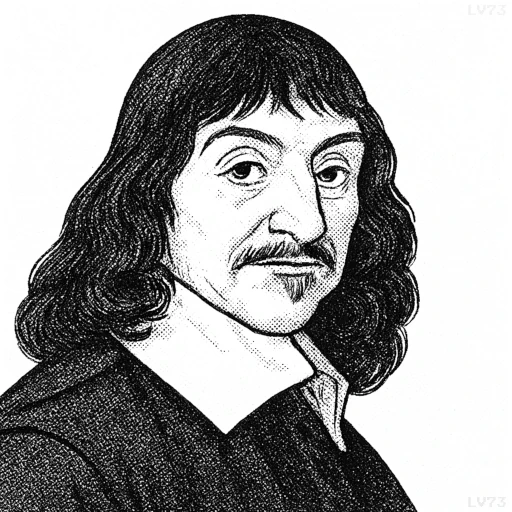“Each problem that I solved became a rule, which served afterwards to solve other problems.”

- March 31, 1596 – February 11, 1650
- French
- Philosopher, Mathematician, Scientist, Father of Modern Philosophy
table of contents
Quote
“Each problem that I solved became a rule, which served afterwards to solve other problems.”
Explanation
Here, Descartes describes a powerful principle of cumulative reasoning: the idea that solutions to individual problems can evolve into general rules, which then guide future inquiry. This reflects his systematic and iterative approach to knowledge, where each success not only resolves a specific issue but also enhances one’s intellectual toolkit, enabling more efficient and confident problem-solving over time.
In the context of the 17th century, Descartes was working to establish a unified method for acquiring knowledge that could be applied across disciplines. Inspired by mathematics, he believed that clear, repeatable processes could lead to lasting truths. By turning solved problems into rules, Descartes created a self-reinforcing cycle of insight, where the effort to understand one thing made it easier to understand many others—thus laying the groundwork for modern scientific and analytical methods.
Today, this principle resonates in fields like science, engineering, software development, and even personal growth. Each challenge overcome—whether a technical obstacle or a life difficulty—can generate strategies or insights that serve in future contexts. Descartes’ insight remains deeply relevant: the disciplined mind learns not just from success, but by turning that success into principles of action that can shape and accelerate all future endeavors.
Would you like to share your impressions or related stories about this quote in the comments section?


